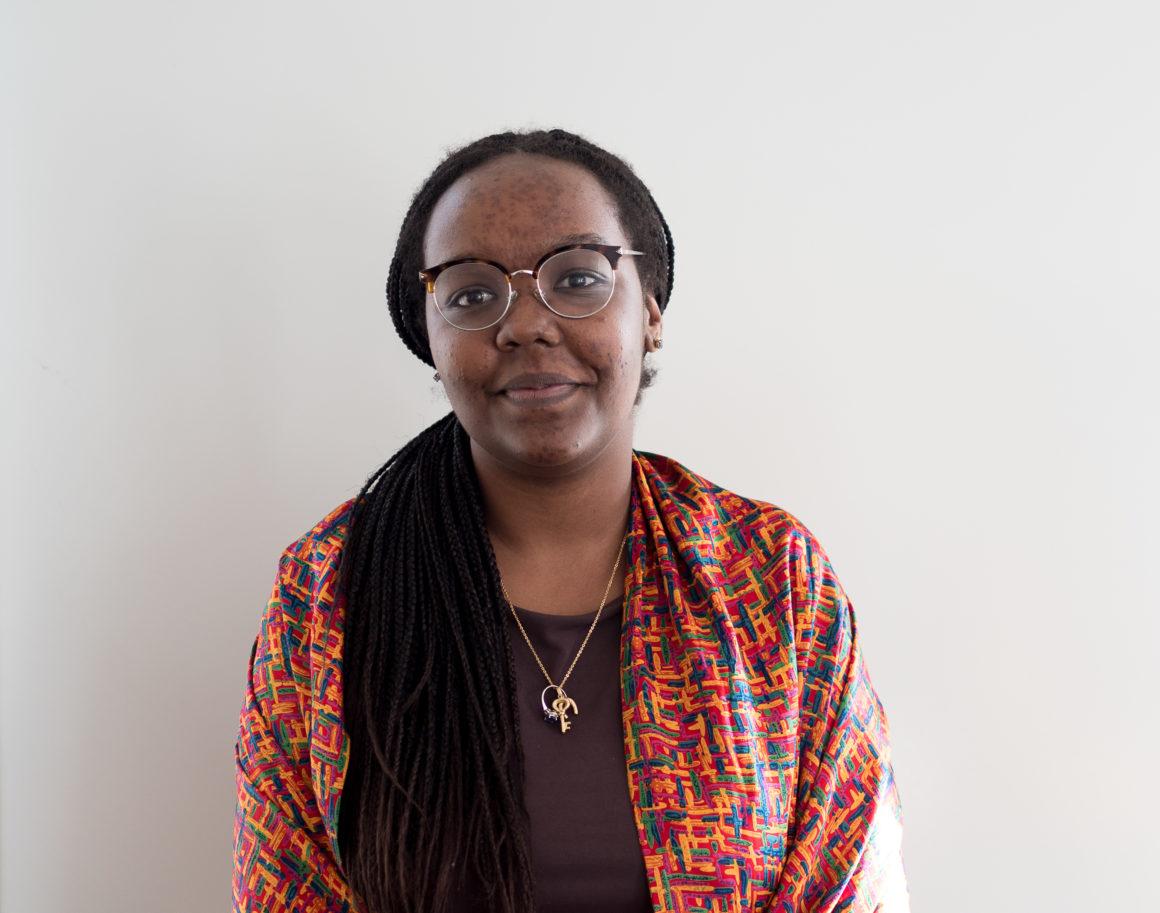
This week’s article is going to be a conversation. Although it will be my views on the page, I hope that we can work through our thoughts and ideas together. As a Euro-Africana Studies independent major (it always goes back to that), I have loved getting to learn about Africa and our ties not only to Europe but the Americas as well. The African diaspora is filled with so many incredibly diverse experiences and narratives, and one could learn about them over a whole lifetime. As a young African woman, navigating through my time here in the United States and other parts of the Americas, in other African countries (aside from my birthplace, Tanzania) and experiences in Europe, the question of what it means to be African has come up several times.
My experiences are not unique. For many African students studying abroad, like other international students, you find yourself subconsciously holding onto your identity more than you would at home. I wonder if four years ago I would have identified myself as African — not that I would not consider myself one, but rather I would not have had to publicly identify as such. Looking back at history, I am particularly mesmerized with the intellectual brilliance of the Pan-African movement. I am Tanzanian, so by default I think Julius Nyerere is one of the best African politicians to ever have walked the earth — though some people may want to debate that. Many people like to link Pan-Africanism with idealism, but for me, the most inspiring thing to come out of the movement has been the honesty and ambition that leaders have had in seeing their people uplifted.
I have to go back in time a little bit. What is Pan-Africanism? This movement seeks the union of all African nations as well as the diaspora. The movement was at its prime in the 1950s and 1960s in the era of decolonization. The broadness of what the movement encompasses varies. For some, the most important aspect is intellectual dialogue and understanding. For others, it is the actual physical joining of countries to form — dare I say it — the United States of Africa. Aside from Nyerere, other key figures of the movement have included Kwame Nkrumah, Thomas Sankara and W.E.B. Du Bois. I hope I am no being too harsh (I need to stop saying that and be more assertive!) but quite frankly, African and diasporic intellectualism has truly never quite been the same since. The fire is not as hot in the African continent and outside it; the natural follow-up question is: why?
Like all relationships, work is involved. Over the past few years, collaboration within the African diaspora has not been as strong. Aside from the economic and political partnerships, I am talking about actual intellectual connectivity. The fact of the matter is that members of the African diaspora have similar realities. This is not to discount the differences we have in regards to our histories and societies, but when it comes to things that matter like economic struggles, we tend to be on the same boat. One thing that is causing fractures in the relationship is overemphasis on the differences at a base level, as well as the lack of ambition in some of our African leaders in regards to building good relationships with others. These men (they are mostly men!) are ambitious enough to run and win a presidency, but unfortunately after that, it becomes a power and money game. Africa does have good leaders, but most of them could do with a bit of work. Another failure is the youth. This is not a “blame the current generation” type of thing; the spark in youth is dwindling. Maybe it is because this generation has so much, or it finds other causes to be more interesting.
Regardless, there is a great need for all of us to be connected in our communities. The biggest difference between the 1960s and now is that with easy communication, we can connect not only with the diaspora, but with the whole world, and make an even greater impact.
— Aminata Kinana ’18

















































